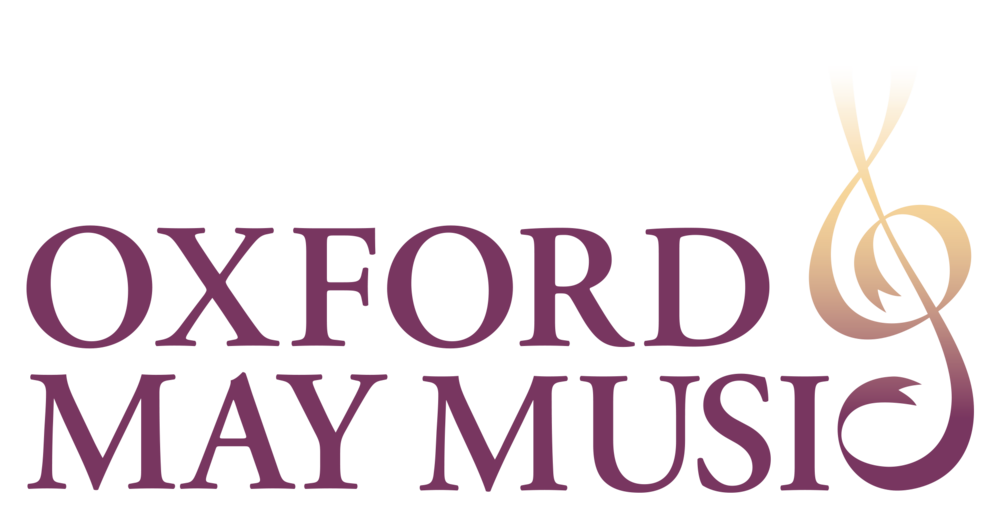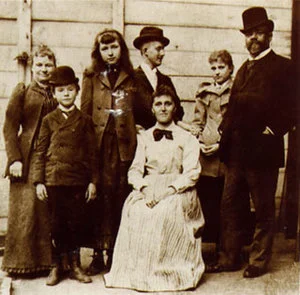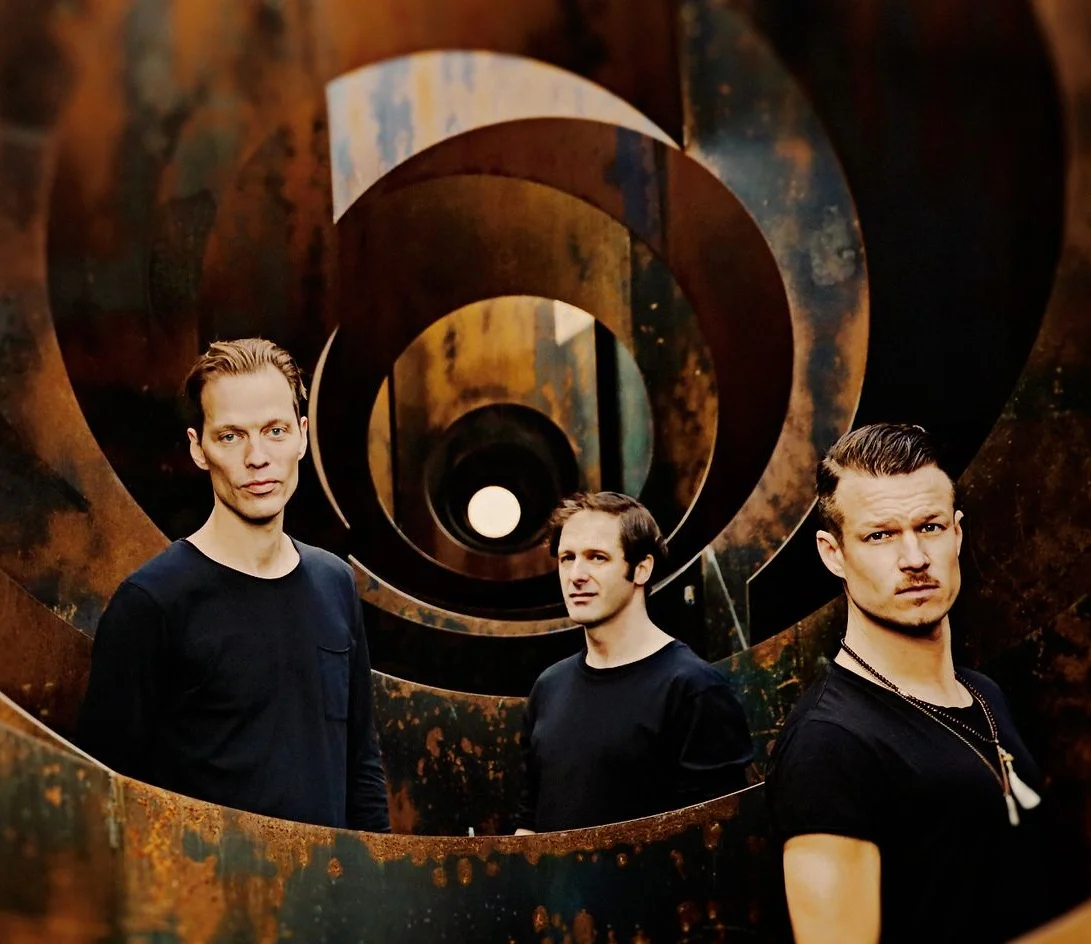
Festival Finale
Wolf-Ferrari - Chamber Symphony in B flat major, Op. 8
Interval
Schubert - Octet in F major, D803
Jack Liebeck - violin
Alexandra Raikhlina - violin
Mathieu Herzog - viola
Trish O’Brien - cello
Thomas Carroll - cello
Tim Gibbs - double bass
Paul Dean - clarinet
Richard Watkins - horn
David Cuthbert - flute
Nicholas Daniel - oboe
Amy Harman - bassoon
Daniel Grimwood - piano
Ermano Wolf-Ferrari was an Italian composer mostly noted for his comic operas. This early work, overflowing with exuberance, is a wonderful companion in our Finale with an old friend. The Schubert Octet always begs to be programmed in the finale but it is necessary to show some restraint or it would turn up every year - but with such a great piece and wonderful combination of instruments, would that be such a bad thing?














